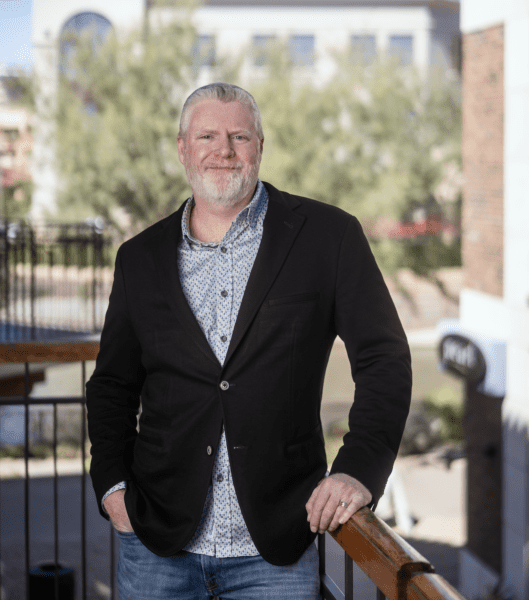PR Newswire
The Equine Welfare Alliance (EWA) with the assistance of the Animal Law Coalition has released the first Annual Equine Welfare Report. The report contains statistics and records obtained from federal and state agencies as well as breed registries.
“The findings are grim for the horse industry,” says EWA’s John Holland, “We found that the decline in new registrations which began in 2005 continued into 2013, with some breeds reporting registrations down as much as 75%.”
The report details the price of hay in every state over the past decade with increases in many states of over 100%, and some showing increases as much as 220%. Worst hit were the western and southwestern states, which were plagued by persistent drought.
The report, however, offers a glimmer of hope in recent increases in the amount of land allocated to hay production following the removal of corn ethanol subsidies that Congress terminated in 2011. This marks the first upturn in over a decade.
The report also finds the export of horses to slaughter declined in 2013, down from an almost two decade high in 2012.
An earlier EWA study found that the price of hay was the dominant factor in determining the likely rate of neglect, with the rate of unemployment coming in a distant second.
The report also contains a detailed record of legal and legislative battles that have raged over the past few years, especially as concerns horse slaughter. “Slaughter in the U.S. is now illegal again thanks to the tireless efforts of Americans who care about horse welfare,” said Laura Allen, president of ALC, “but the effort continues to ban the export of horses for slaughter in other countries.”
Finally, the report provides an update in the abuse and neglect rates in the five states where these records are kept at the state level. Only Colorado showed an increased rate of neglect, but it was the only state that reports such data within the drought plagued regions. “When the price of hay increases dramatically, you can be sure that the neglect rate will follow the same trajectory,” explained Holland.
Related: BLM To Remove Fewer Wild Horses And Burros Across The West
If you’d like to discuss equine law, contact Adam Trenk, atrenk@roselawgroup.com











